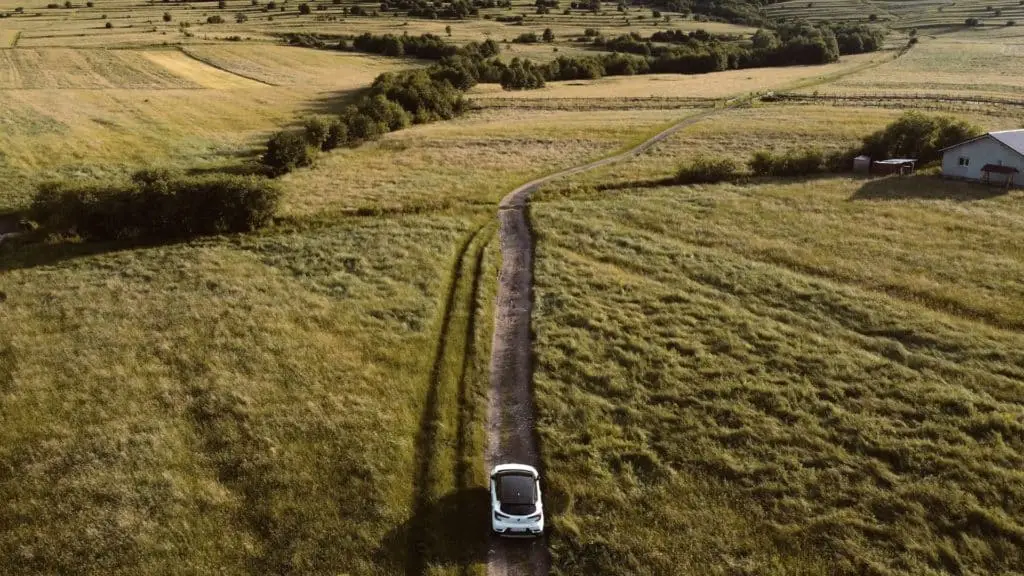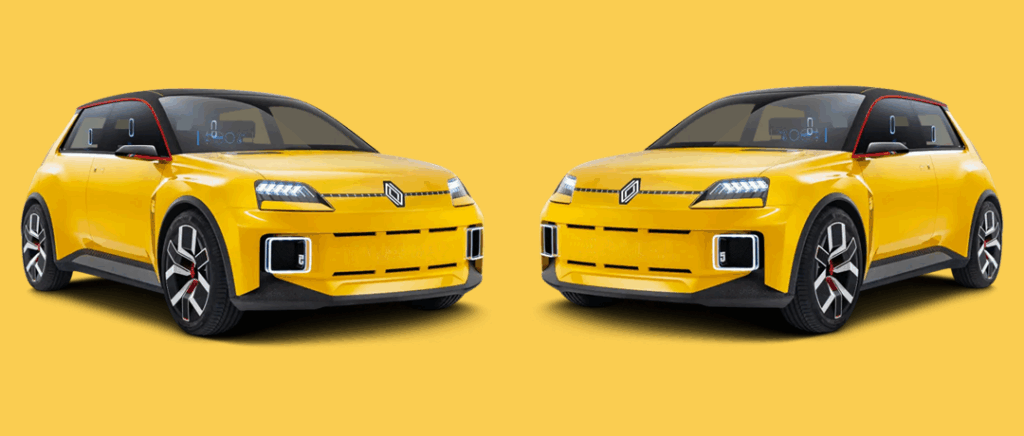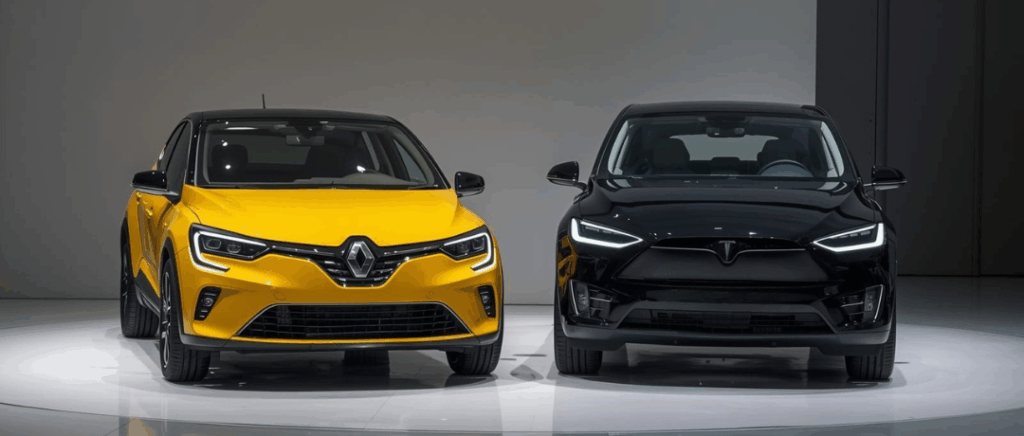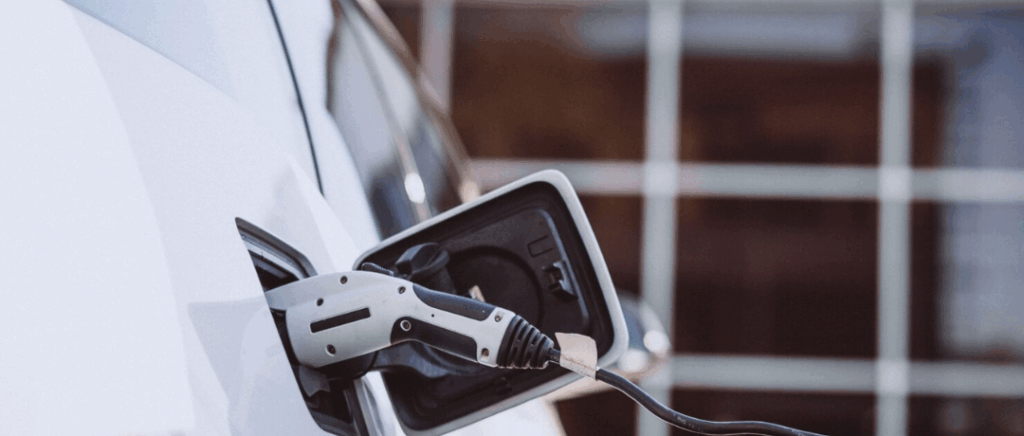Monday to Friday 9am - 12.30pm - 2pm - 7pm
What is ecological or ecoresponsible travel?
Ecological travel, or sustainable tourism, is all the practices that help to limit the ecological impact, including CO2 emissions, generated during your holiday or simply a trip. In general, when we go on holiday, our carbon footprint is increasing drastically, helping to reduce it is an important factor in sustainable tourism. According to a recent studyIn France, three quarters of the emissions from the tourism sector are linked to transport, and 41 % are generated exclusively by air transport.
So if you want to fit in with the codes of sustainable tourism, you have to go local! Visit landscapes that are in France or, more broadly, in Europe, and avoid flying as much as possible! However, the eco-accommodation model should be avoided: they offer holidays in faraway countries that help to reduce waste, but that doesn't make up for the CO2 emissions and your ecological impact generated by flying.
Paying attention to your means of transport is not enough: you also need to show respect for the local population. Make sure you preserve local biodiversity, don't leave rubbish lying around and try to keep the local economy going!
How can I travel in an eco-responsible way?
Now that we've defined what eco-responsible travel is, we're going to give you our advice on how to best prepare your holiday, taking into account your ecological commitments.
Finding the right means of transport
It's the number 1 cause of CO2 emissions when we go on holiday, and it's the part that has the biggest impact on our ecological footprint: the means of transport.
So it's crucial that you find the right means of transport that emits the least CO2 and gets you to your destination without too much trouble.
If you want to travel close to major European cities such as :
Go for the TGV! In short, the TGV is the ideal solution for long-distance intercontinental journeys. A TGV will get you to your destination faster than a car, and with much less pollution! All Europe's major cities have stations, and most journeys are direct. The downside of TGV travel is usually the price. This is especially true if you book at the last minute. Trains are one of the most popular means of transport in France, and they are often full to bursting. So the last seats are inevitably snapped up at a premium. So we strongly recommend that you book well in advance!
Another solution that can satisfy as many people as possible: car journeys!
Ideally, the best way to get to your holiday destination is in an electric vehicle! In fact, as illustrated so well by Greenpeace in its latest magazine to promote eco-friendly travel, the electric vehicle is the least polluting means of locomotion, just behind the train.
The electric vehicle is therefore the ideal mode of transport for holidays in small towns that are difficult to reach by train.
Choosing the right destination
Finding the right means of transport will ultimately depend on your destination. Not all addresses can be reached in the same way. For example, getting to the Ossau valley will be much more complicated by train from Paris than by car. You could get there, but the journey time and the connections will make the trip very unpleasant, and the aim is not to make you want to go on holiday!
Favour destinations that are not too far from home, to reduce your carbon footprint as much as possible, whatever means of transport you use. Favour destinations that promote ecology and sustainable development! This is the case in many destinations, such as Sweden, which is the second country to have introduced an ecotourism charter into its constitution. Sweden has also created "Nature's Best", the first eco-label to guarantee the quality of around 147 tours offered by the country's 87 eco-certified tour operators.
With this, you're sure to enjoy your holiday without having to worry about your ecological footprint, which is kept to a minimum.
Finding the right home
Inevitably, when you think of holidays, you think of hotels or Airbnb so you can rest in the best possible conditions! Here too, you'll have to make some choices. Make sure you choose the most energy-efficient home to limit your energy impact this time! In case you weren't aware, some homes consume less electricity or heating when they are better insulated, or fitted with more recent equipment, than others.
Quite often, finding a more energy-efficient home will guarantee you greater living comfort! As we explained earlier, this means that the equipment is more modern. It's also likely that the home will be better insulated, which will reduce the energy you spend on heating or air conditioning.
If you're going on holiday with your electric car, choose accommodation with a charging point! This will allow you to recharge during your stay without too much hassle, especially if you use your vehicle frequently during your holiday. What's more, you can now filter accommodation with charging points on Airbnb or booking.com.
If you are a hotel or a campsiteBy installing a charging point, you can increase your customer base by attracting the favour of car drivers. electric vehicle !
Want to go electric?
Beev offers multi-brand 100% electric vehicles at the best prices, as well as recharging solutions.
Green travel doesn't mean spending more!
It may come as a surprise to you, but taking an eco-friendly trip can cost you less than a more traditional holiday! Today, many travel websites have included in their offers the possibility of taking an eco-responsible holiday, and at a reasonable price! The best way to avoid dipping into your savings is to plan your trip months or even a year in advance! You don't have to wait until the last minute to plan a holiday that won't cost you an arm and a leg.
Take a look at websites such as Greengo voyage, Cercle des Voyageurs and Vaovert to find exotic, eco-friendly destinations.
What is the ideal length of your holiday?
There's no ideal length for your holiday, but going away for longer periods of time helps to cushion the CO2 emissions generated by your trip. So don't hesitate to go away for 2 or even 3 weeks, at least that way you'll be sure to enjoy your holiday while doing the environment a favour!
Visiting the Mediterranean aboard a ferry: a mixed option
What if travelling by sea was the solution? In France, you can take a boat from a number of coastlines, including the ports of Marseille, Toulon, Le Havre and Bordeaux! Here, we'll be looking at Mediterranean crossings to Corsica, Elba, Majorca and Sardinia. So what are the advantages of taking a ferry to these destinations? Quite simply, the ferries emit much less CO2 than air travel. In fact, as a study by the EEA (European Environment Agency) shows, rail and sea transport emit the least CO2. But the problem lies elsewhere for Ferries and other ships: they emit ultrafine particles on board and near ports, which are just as dangerous for the environment.
So it's an avenue worth exploring, but one that cannot be described as a sure thing in terms of sustainable tourism. We'll have to wait until ferries are forced to limit air pollution by limiting the use of heavy fuel oil, electrifying shore power and other ultra-polluting resources. However, there are initiatives that are far less polluting and far more respectful of the environment. There are organisations offering to transport you from sailing boats! You use the force of the wind at sea to get around, no fuel is used and everything is done in harmony with nature! However, these solutions are still too slow compared with what is available elsewhere, and far too expensive.
Electric ferries in Norway
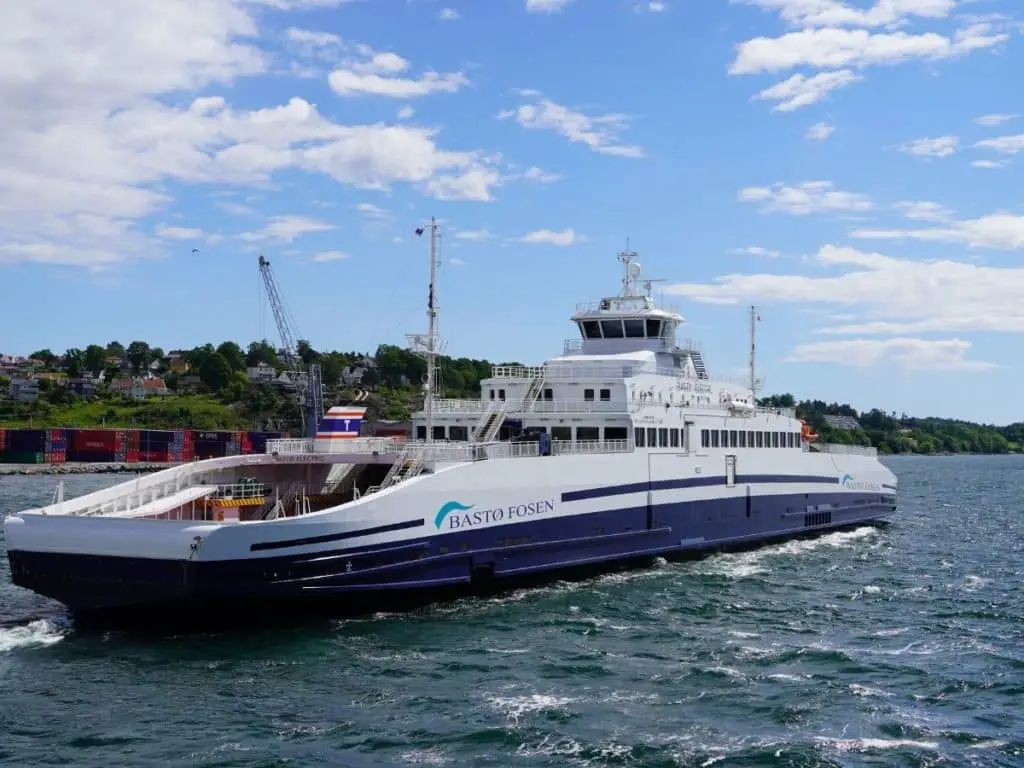
It is now over a year since Norway commissioned the world's largest electric ship. It is 139 metres long and can carry up to 200 cars/24 trucks and 600 passengers. It has a battery of 4.3 mWh. To date, it has been used to build the link between Moss and Horten via the 10 km of the Oslo Fjord. This maritime route is the busiest in Norway. Three other ferries operate on this shipping route on diesel fuel, but Norway is also planning to convert them to electric power.
If you'd like to visit the Nordic countries during your holidays, and discover some soothing, verdant landscapes, don't hesitate to take a trip to Norway! If you've had a chance to use this 100 % electric ferry, don't hesitate to leave us your feedback in the comments section!
In conclusion
Making your holiday an eco-friendly one is no mean feat, but all is not lost! More and more initiatives are being launched, and many organisations are doing their utmost to develop and democratise sustainable solutions. For our part, we're giving 100 % to decarbonise the world. vehicle fleet The aim of the European Commission is to develop recharging infrastructures, so that as many people as possible can travel long distances without harming the environment!
